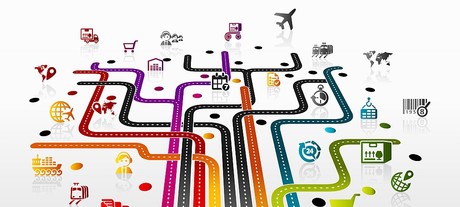Smart cities: The Buenos Aires Declaration

The first Forum on Artificial Intelligence and the Internet of Things in Smart Sustainable Cities in Latin America was held 29–30 May 2018 in Buenos Aires, Argentina.
Forum delegates considered a wide range of issues confronting the development of smart cities in the region, and how emerging technologies can help those cities overcome many of their challenges.
The forum concluded with the publication of the Buenos Aires Declaration (PDF), which set out a series of philosophies, goals and aspirations.
Prime among them was the recognition that with a huge 80% of its 650 million population living in urban cities, “Latin America must develop and adopt innovative policies and regulatory frameworks that leverage the potential of AI and IoT in fostering inclusive and sustainable economic growth in line with international human rights standards”.
The declaration also emphasised that by “optimising productivity and resource usage using real-time data collected from smart products and sensors, AI and IoT driven solutions and applications offer significant improvement to the value and supply chains across different industries”, while also acknowledging that “Industry 4.0, which is characterised by digitisation, connectivity and automation using big data empowered AI within the manufacturing industry, is vital in transforming the traditional linear production and consumption pattern into a closed loop, circular pattern in which efficiency and values are maximised across all stages of a product life cycle”.
The declaration’s authors also pointed to the importance of ethics for big data and analytics, stating that a “trusting relationship must exist between data collectors and citizens in order to implement any AI and IoT applications”.
The declaration also noted the “need to implement international standards such as ITU-T Recommendations to ensure interoperability of IoT applications, services and platforms” and reaffirmed the participants’ “commitment to the 2030 Agenda”.
The declaration concludes with a series of calls to action, as follows:
- Raise awareness amongst the public of the role of AI and IoT in Smart City development.
- Revamping public policies and the education curriculum to prepare for an AI future.
- Promoting the production and supply of smart devices, software, applications and services and infrastructure as well as the adoption of AI technology.
- Encourage public-private collaboration and partnership.
- Leverage the potential of AI in securing the IoT.
- Building a Smart City Platform where best practices and vital data can be shared.
- Incorporate AI solutions into public services.
Please follow us and share on Twitter and Facebook. You can also subscribe for FREE to our weekly newsletter and quarterly magazine.
Australia second globally in the OECD Digital Government Index
Australia has been recognised as a global leader in digital government, ranking second overall by...
Service NSW launches Digital ID pilot
The NSW Government’s Digital ID system has reached the pilot stage, and is being offered to...
NSW announces framework to strengthen AI oversight
The NSW Government's Artificial Intelligence Assessment Framework aims to give agencies...




